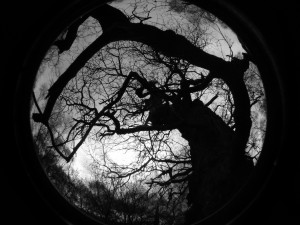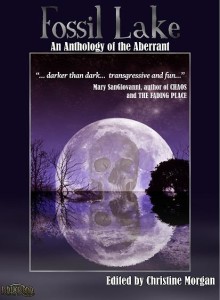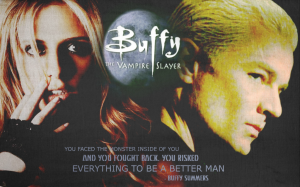“This is a horror story: the mandate is to present a malefic universe.” That quote is from science fiction and fantasy (and occasional horror) author Daniel Abraham and I agree that this is where all horror stories begin. Once past that initial point, of course, there are a lot of different directions you can go. It’s a gross oversimplification, but horror is often divided into two categories: psychological and visceral. There are many degrees between the two extremes, not to mention all the various genre qualifiers that can be appended to any form of horror. but if you are beginning a horror story, it helps if you can decide roughly what kind of horror you are going for.
Is this story all blood and guts, tapping into the primal fear of being killed and/or eaten by a creature or entity you are incapable of fighting back against? Or is this a story of shifting shadows and fleeting glimpses of something insubstantial but terrifying, something that causes you to question the laws by which our world works? In short, are you trying to tap into the primal terror in the animal portion of the brain, or the existential terror that is our consciousness’s most dubious gift to us?
Since I’d wager that more people watch horror movies than read horror books, I’ll look there for examples. Movies actually adhere pretty rigorously to this stylistic split. If you’re watching a slasher flick like a Friday the Thirteenth or a Halloween, you’re trending more towards visceral horror. If you’re watching something more like 2013’s The Conjuring, you’re in more psychological horror territory.
When you get into the written word, however, an interesting thing happens. Movies, after all, have one distinct advantage over books. As a species sight is our primary sense. Graphic novels aside, we generally can’t show readers actual pictures. We have to hijack their imaginations to tell the visual parts of stories for us. But a movie, provided you keep your eyes open, can force you to look at whatever horrifying image the filmmakers want you to. With a book the the reader’s mind is free to imagine the story in as vivid or as vague detail as it wants. For this reason, I think that visceral horror stories have to work a lot harder to have the same impact on the page as they do on the screen. By the same token, psychological scares on the page can prey upon already-primed imaginations, giving them a short cut to terror.
This is not to say that visceral horror in book form can’t be done. I challenge anyone to read Scott Sigler’s Infected or Scott Smith’s The Ruins and not be terrified (and nauseated)by the extremely visceral body horror elements present.
Ultimately the most effective horror stories make at least some use of both methods to achieve maximum impact. This is really more of a continuum than it is a set of polar opposites. You’ll have to determine what effect you are going for and utilize the correct techniques to scare your readers silly.

 I admit up front that I don’t read much Horror. It’s not that I don’t like the stories or the work as a whole, it’s just that it makes me uncomfortable. And it’s supposed to, that’s its entire job! A good horror novel will take you through an emotional journey no other genre does. It elicits emotions of fear, confusion, pain, angst, and sorrow. All novels attempt to play with your emotions to some degree, but few attempt to do so in a way that is supposed to make you uncomfortable.
I admit up front that I don’t read much Horror. It’s not that I don’t like the stories or the work as a whole, it’s just that it makes me uncomfortable. And it’s supposed to, that’s its entire job! A good horror novel will take you through an emotional journey no other genre does. It elicits emotions of fear, confusion, pain, angst, and sorrow. All novels attempt to play with your emotions to some degree, but few attempt to do so in a way that is supposed to make you uncomfortable.
